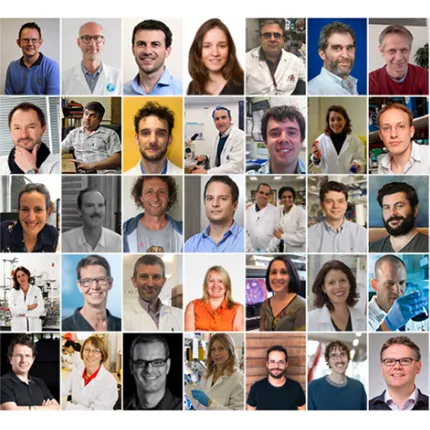We won't stop until cancer does
Become a Curestarter and help us fund the next pioneering research project.
Our research projects wouldn’t be possible without the funds we receive from people like you. £37 pays for an hour of research and every hour brings us closer to new cures.
Support us today


